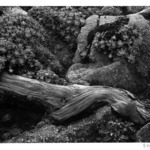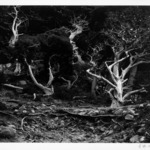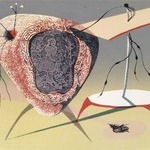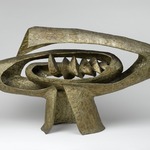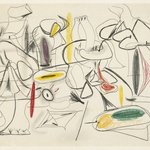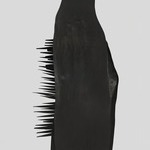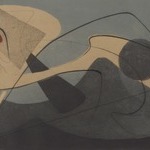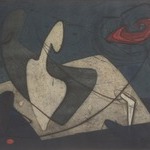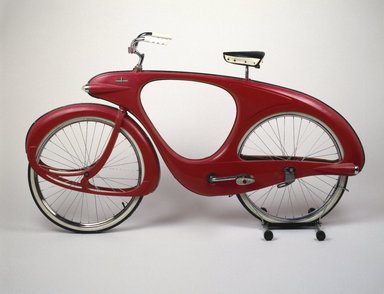
Spacelander Bicycle
Decorative Arts and Design
On View: Luce Visible Storage and Study Center, 5th Floor
About this Brooklyn Icon
The Brooklyn Museum is commemorating its 200th anniversary by spotlighting 200 standout objects in its encyclopedic collection.
Conceived by industrial designer Benjamin Bowden, the Spacelander Bicycle exemplifies the fun-loving streamlining that epitomized post–World War II recreational design. The bicycle is based on a 1948 English aluminum prototype that was handmade by the MG Auto Company and prohibitively expensive to produce. In addition to its futuristic look, the design’s key feature was a dynamo that stored the vehicle’s downhill energy and released it on uphill climbs.
When initial runs proved commercially unsuccessful, plans to mass-produce the bicycle were abandoned in 1949. In 1960, however, Bowden contracted with Bomard Industries in Michigan to make this more mechanically conventional, one-speed version in fiberglass, a new manufacturing material. Ultimately the endeavor was way too costly for Bomard Industries as well, and the firm went out of business after making only 522 examples. The Spacelander Bicycle became popular in the 1960s among collectors, beloved as a retro design that celebrated joy and faith in new technology at a time when space exploration and computing software were just emerging.
The Brooklyn Museum is commemorating its 200th anniversary by spotlighting 200 standout objects in its encyclopedic collection.
Conceived by industrial designer Benjamin Bowden, the Spacelander Bicycle exemplifies the fun-loving streamlining that epitomized post–World War II recreational design. The bicycle is based on a 1948 English aluminum prototype that was handmade by the MG Auto Company and prohibitively expensive to produce. In addition to its futuristic look, the design’s key feature was a dynamo that stored the vehicle’s downhill energy and released it on uphill climbs.
When initial runs proved commercially unsuccessful, plans to mass-produce the bicycle were abandoned in 1949. In 1960, however, Bowden contracted with Bomard Industries in Michigan to make this more mechanically conventional, one-speed version in fiberglass, a new manufacturing material. Ultimately the endeavor was way too costly for Bomard Industries as well, and the firm went out of business after making only 522 examples. The Spacelander Bicycle became popular in the 1960s among collectors, beloved as a retro design that celebrated joy and faith in new technology at a time when space exploration and computing software were just emerging.
MANUFACTURER
Bombard Industries
MEDIUM
Fiberglass, metal, glass, rubber, fox fur
DATES
Prototype designed 1946; Manufactured 1960
DIMENSIONS
44 x 77 x 32 in. (111.8 x 195.6 x 81.3 cm) (show scale)



MARKINGS
On shaped metal tag on frame beneath handlebars: "BOW / DEN".
On metal tag behind seat: "BOMARD INDUSTRIES, INC. / KANSAS CITY, MISSOURI / U.S.PAT.NO. 2,537,325 / Canadian Pat. No. 1951 / SERIAL NO. [engraved] B009905"
COLLECTIONS
Decorative Arts and Design
ACCESSION NUMBER
2001.36
CREDIT LINE
Marie Bernice Bitzer Fund
CATALOGUE DESCRIPTION
Two wheeled, single-speed "Spacelander" bicycle; streamlined reddish-pink molded fiberglass shell with metal frame. Fiberglass constructed in multiple pieces: two over front wheel, two over remainder of frame with openings for handlebars, seat, pedals and rear wheel. Molded cover has pairs of front and rear cone-shaped head and tail lights. Irregular, organic-shaped openings expose front and rear wheels and area beneath the seat. Trimmed with chromed metal or stainless steel over the seams of fiberglass shell. White plastic handle grips, black and white seat and whitewall tires. (Seat and pedals probably not original.)
EXHIBITIONS
MUSEUM LOCATION
This item is on view in Luce Visible Storage and Study Center, 5th Floor
CAPTION
Benjamin G. Bowden (American, born England 1907–1998). Spacelander Bicycle, Prototype designed 1946; Manufactured 1960. Fiberglass, metal, glass, rubber, fox fur, 44 x 77 x 32 in. (111.8 x 195.6 x 81.3 cm). Brooklyn Museum, Marie Bernice Bitzer Fund, 2001.36. Creative Commons-BY (Photo: Brooklyn Museum, 2001.36_SL1.jpg)
IMAGE
overall, 2001.36_SL1.jpg. Brooklyn Museum photograph
"CUR" at the beginning of an image file name means that the image was created by a curatorial staff member. These study images may be digital point-and-shoot photographs, when we don\'t yet have high-quality studio photography, or they may be scans of older negatives, slides, or photographic prints, providing historical documentation of the object.
RIGHTS STATEMENT
Creative Commons-BY
You may download and use Brooklyn Museum images of this three-dimensional work in accordance with a Creative Commons license. Fair use, as understood under the United States Copyright Act, may also apply.
Please include caption information from this page and credit the Brooklyn Museum. If you need a high resolution file, please fill out our online application form (charges apply).
For further information about copyright, we recommend resources at the United States Library of Congress, Cornell University, Copyright and Cultural Institutions: Guidelines for U.S. Libraries, Archives, and Museums, and Copyright Watch.
For more information about the Museum's rights project, including how rights types are assigned, please see our blog posts on copyright.
If you have any information regarding this work and rights to it, please contact copyright@brooklynmuseum.org.
RECORD COMPLETENESS
Not every record you will find here is complete. More information is available for some works than for others, and some entries have been updated more recently. Records are frequently reviewed and revised, and we welcome any additional information you might have.


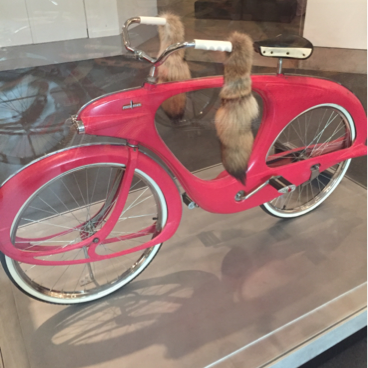
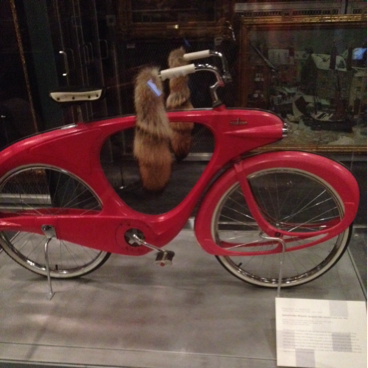
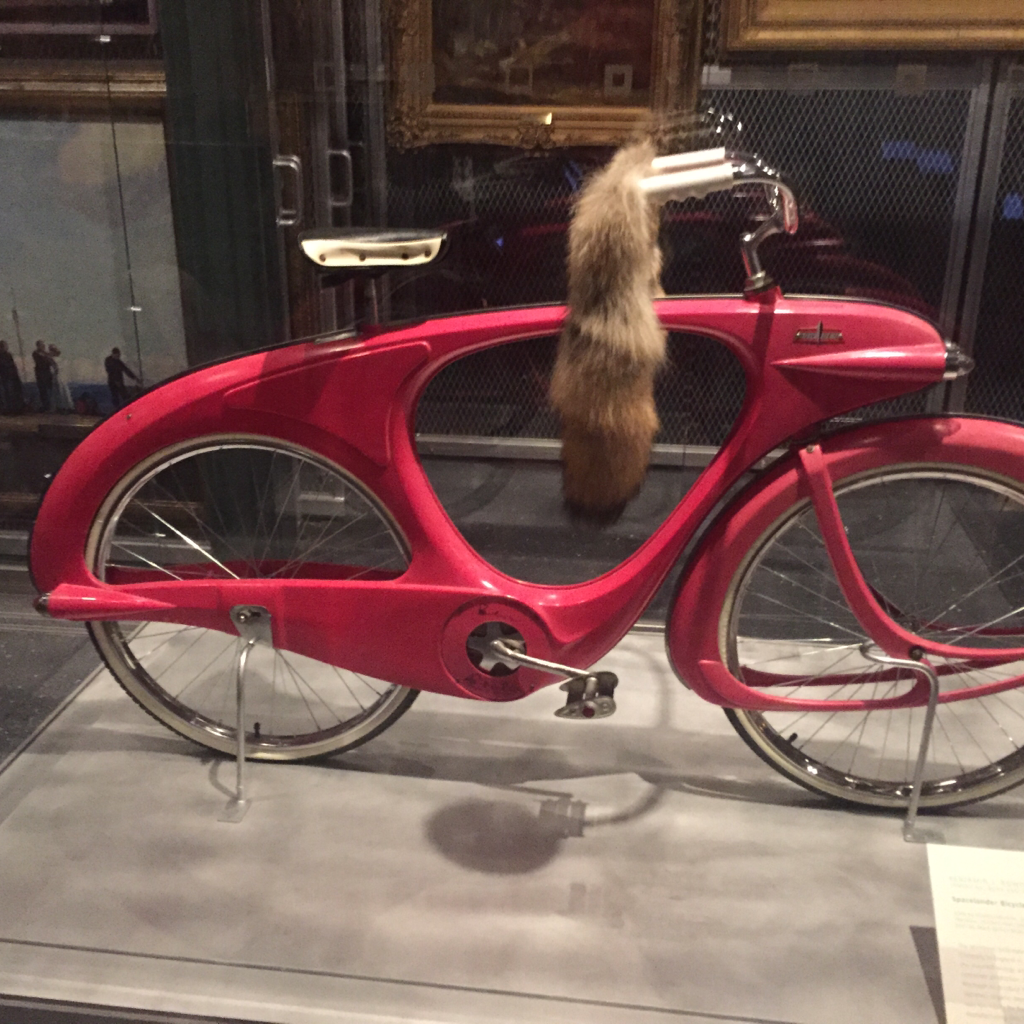
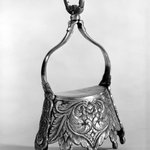
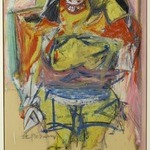
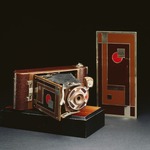
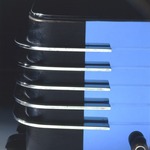
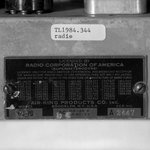
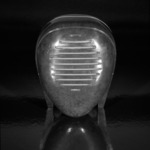
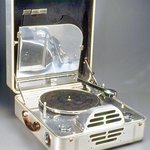
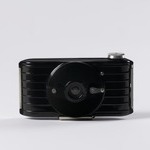
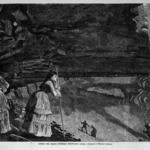
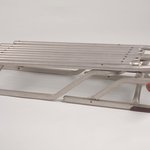
![Recto: [Untitled] (Man in Boat)
Verso: [Untitled] (Beach Scene)](https://d1lfxha3ugu3d4.cloudfront.net/images/opencollection/objects/size2_sq/1999.143a_SL1.jpg)

